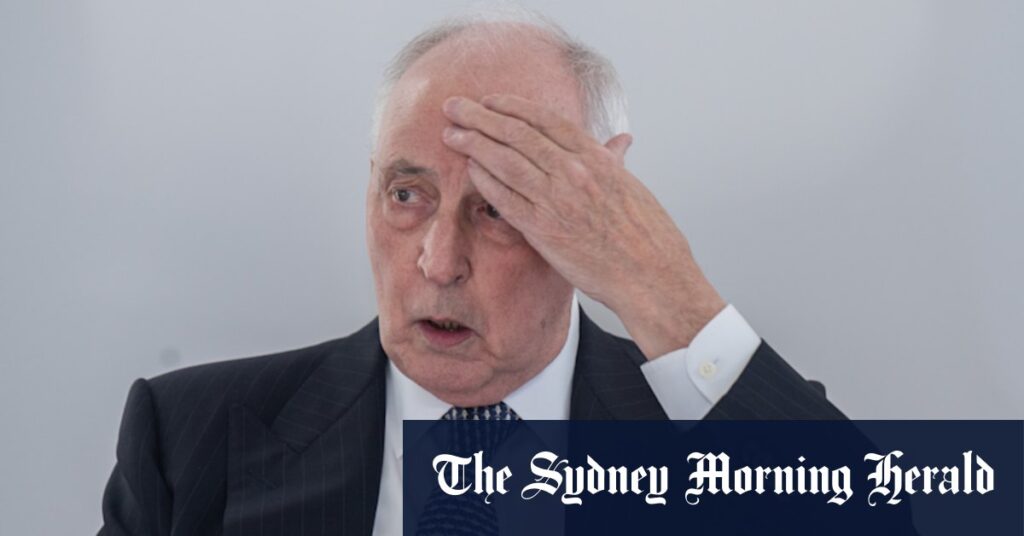
The Australian Tax Office (ATO) is under fire after allegations surfaced that it forgave over $950,000 in penalties and interest owed by an investment company linked to former Prime Minister Paul Keating. This revelation, reported by the ABC, has sparked a debate over the ATO’s handling of tax disputes involving high-profile individuals.
While there is no implication of wrongdoing by Keating himself, the incident raises questions about the ATO’s practices. Typically, such disputes would require the involved party to challenge the ATO’s decision in the Federal Court, according to the ABC’s Four Corners program. The case centers on profits from the sale of shares in Lake Technology, where Keating was a major shareholder.
Background of the Dispute
Paul Keating, who served as Prime Minister from 1991 to 1996, has long been involved in various business ventures post-politics. His investment in Lake Technology, a company known for its innovative audio technologies, became a focal point following the lucrative sale of his shares. The profits from this sale are at the heart of the alleged tax dispute.
The ATO’s decision to write off such a significant amount has led to public outcry and demands for transparency. Critics argue that the ATO may be offering preferential treatment to influential figures, a claim that the ATO denies, citing taxpayer confidentiality laws as a barrier to discussing specific cases.
Reactions and Implications
Keating has been contacted for comment, but as of now, he has not publicly addressed the allegations. An ATO spokesperson, while unable to discuss individual cases, emphasized the agency’s commitment to ensuring all taxpayers meet their obligations under the law, regardless of their status or profile.
“The ATO is committed to ensuring that all taxpayers pay the right amount of tax as required by the law, regardless of size or profile,” said the ATO spokesperson.
This development has reignited the debate over the fairness and transparency of the tax system in Australia. Critics argue that the wealthy and powerful often have access to resources and legal avenues that are not available to ordinary citizens, potentially leading to unequal treatment.
Expert Opinions and Historical Context
Tax experts have weighed in on the situation, noting that while settlements are not uncommon in tax disputes, the scale of the write-off in this case is unusual. According to Professor Miranda Stewart, a tax law expert at the University of Melbourne, “The perception of fairness in the tax system is crucial. When high-profile cases like this arise, it can undermine public confidence.”
Historically, the ATO has faced criticism for its handling of cases involving wealthy individuals and corporations. In 2017, the Paradise Papers leak revealed how some of Australia’s richest people used offshore tax havens to minimize their tax liabilities, prompting a governmental review of tax practices and enforcement.
Looking Forward
The current controversy could lead to increased scrutiny of the ATO’s processes and potentially prompt legislative changes to enhance transparency and accountability. Lawmakers and public advocacy groups are calling for a thorough investigation into the matter to ensure that the tax system operates fairly for all Australians.
As the situation unfolds, the ATO may face pressure to disclose more information about its decision-making processes and to demonstrate that its actions are aligned with the principles of equity and justice. The outcome of this case could have significant implications for how tax disputes are handled in the future, particularly those involving high-profile individuals.





